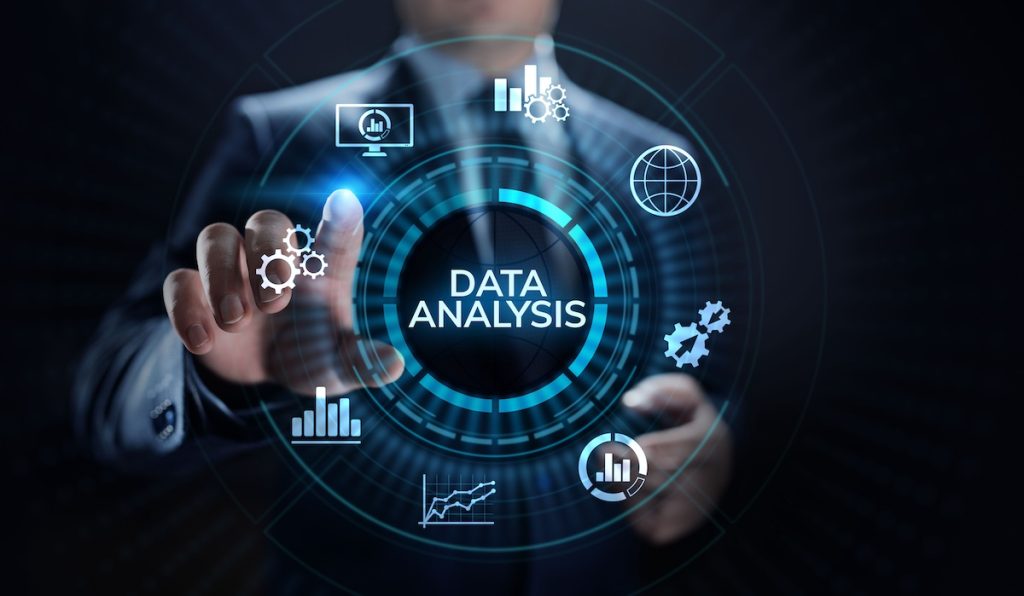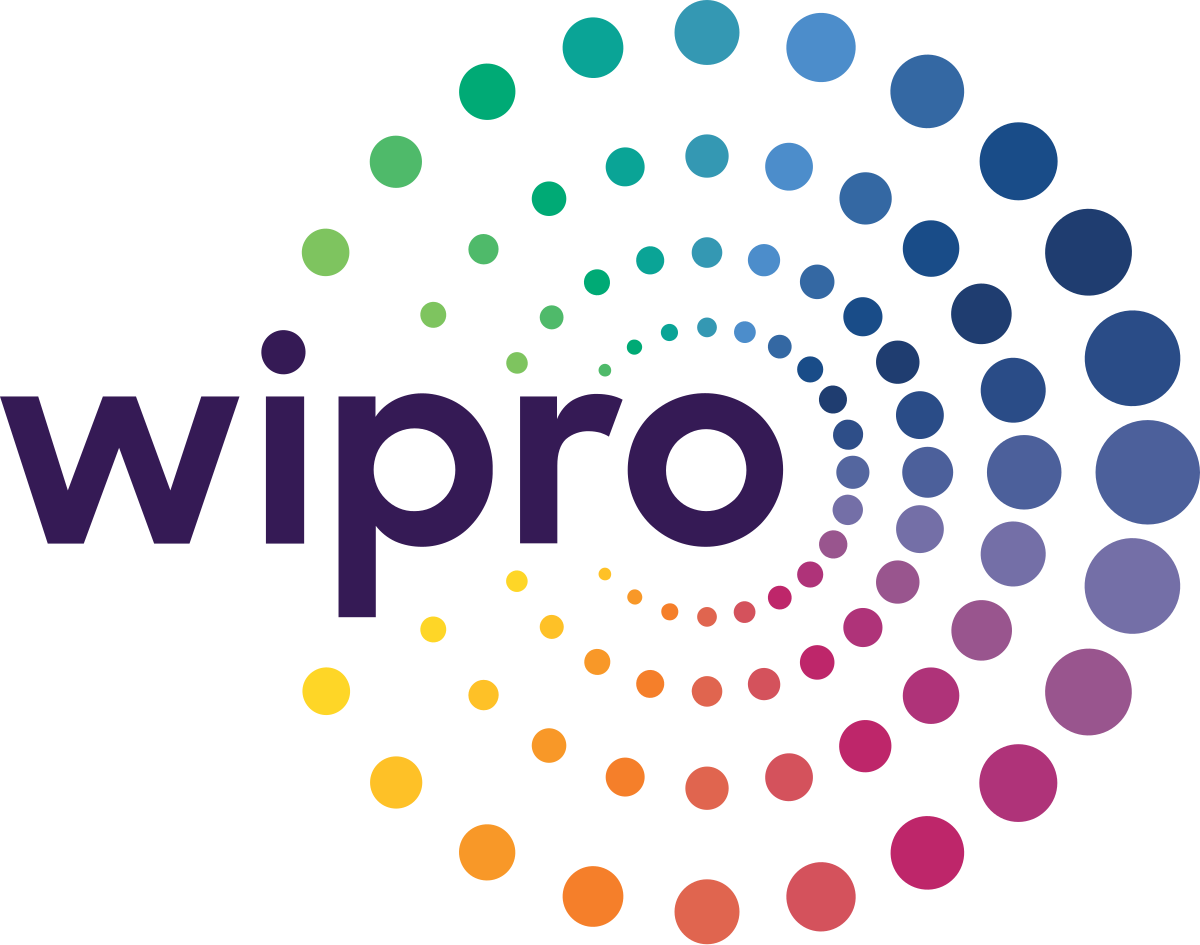Talk to Us
(+91) 9831021706
(+91) 9830161441
Email Enquiry
academy@aot.edu.in
placement@aot.edu.in
(+91) 9831021706
(+91) 9830161441
academy@aot.edu.in
placement@aot.edu.in
Data Analytics is the systematic process of examining raw data to uncover patterns, trends, and valuable insights that can drive informed decision-making. It blends statistical methods, computational tools, and domain expertise to transform vast and complex datasets into actionable knowledge. As the volume of data generated by businesses, industries, and everyday life continues to grow, data analytics has become a cornerstone of innovation and competitiveness.

At the Academy of Technology (AOT), research in Data Analytics focuses on developing efficient algorithms, scalable data processing systems, and advanced visualization techniques. Faculty and students work on descriptive analytics to summarize past data, diagnostic analytics to determine causes, predictive analytics to forecast future trends, and prescriptive analytics to recommend optimal actions. The research integrates traditional statistical analysis with modern machine learning and big data technologies such as Hadoop, Spark, and cloud-based platforms. Applications of AOT’s data analytics research are wide-ranging. In business, analytics helps improve customer engagement, optimize marketing strategies, and streamline operations. In healthcare, it supports patient diagnosis, treatment effectiveness analysis, and hospital resource planning. In engineering, analytics aids in predictive maintenance, quality control, and performance optimization. Environmental applications include climate modeling, energy consumption analysis, and pollution monitoring. AOT places particular emphasis on handling high-dimensional and unstructured data such as text, images, and sensor streams. Research also addresses critical issues like data privacy, security, and ethical use, ensuring that analytical solutions are trustworthy and compliant with regulations.
With access to state-of-the-art computing resources, real-world datasets, and interdisciplinary collaborations, AOT provides students with practical exposure to data analytics tools and techniques. This hands-on training equips graduates with the expertise to solve complex problems and contribute meaningfully to data-driven industries. Looking forward, AOT aims to expand its research into real-time analytics, AI-enhanced analytics, and edge computing, enabling faster and more intelligent decision-making.
Problem Description: Traditional forecasting models for both sales and stock markets often rely heavily on historical numerical data, frequently overlooking dynamic and non-quantifiable factors such as customer or investor sentiment. In today’s digital era, sources like customer reviews, social media comments, and online feedback provide valuable insights into public perception of products and market movements. However, integrating such unstructured sentiment data into predictive models remains a considerable challenge. This research aims to develop a robust machine learning framework that incorporates sentiment analysis of user-generated content to enhance the accuracy and adaptability of both sales and stock market forecasting.
Title: A Hybrid Framework For Sales Prediction Using Sentiment Analysis And LSTM With SHAP Explainability
Students: Supratik Dey, Rahul Kumar, Rohit Banik Mazumder, Mridul Kumar, Riyaj Mondal
Supervisor: Dr. Partha Ghosh (CSE Department)
Year: 2025
Problem Description: Skyline queries help in multi-criteria decision-making by identifying optimal options without predefined scoring. However, existing methods struggle with efficiency and scalability in high-dimensional, large-scale data. The aim is to develop a computationally efficient skyline algorithm across multiple dimensions, supporting applications like recommendations and investment analysis. While Euclidean distance is commonly used, it falls short in structured urban data contexts. Taxicab geometry, which models grid-based distances, offers a more realistic alternative. Thus, this work explores skyline analysis using taxicab distance to improve decision-making in real-world scenarios like logistics, urban planning, and route optimization with enhanced accuracy and performance.
Problem Description: Traditional data warehouses often struggle to support real-time business intelligence due to data latency and integration complexity. With businesses operating in fast-paced environments, decision-makers need real-time access to integrated, clean, and processed data. The goal of this research is to provide a framework for real-time business analysis using a virtual data warehouse that can seamlessly query and analyze distributed and heterogeneous data sources without physically consolidating them, ensuring both speed and scalability.
Problem Description: The integrated model for Personalized Health Monitoring and Blood Donation Management requires a system that collects real-time data from wearables, health records and lifestyle inputs. Using machine learning, it must analyze health patterns, predict risks and generate personalized alerts and reports. The system should feature an intuitive interface and ensure data privacy compliance (e.g., HIPAA/GDPR). Simultaneously, it must support data-driven planning of blood donation camps by analyzing demand, donor trends and regional needs. It should manage donor profiles, predict shortages, and optimize blood inventory distribution. Scalability, interoperability and efficient handling of large datasets are essential for system effectiveness.
Title: CureCast: A Personalized Health Monitoring Model Utilizing Machine Learning Algorithms
Students: Siuli Sarkar, Trisa Maity, Elisha Mitra
Supervisor: Dr. Partha Ghosh (CSE Department)
Year: 2025
Problem Description: Student dropout is a critical concern for academic institutions, impacting both institutional reputation and student futures. Traditional dropout prediction models often lack accuracy due to insufficient feature extraction and outdated analytical techniques. There is a pressing need for an intelligent, data-driven system that can autonomously predict at-risk students using historical academic, behavioral, and socio-economic data. A data-driven model is required that can identify complex non-linear relationships and generate timely alerts for intervention to minimize dropout rates.
Problem Description: The increasing availability of structured and unstructured data across domains presents an opportunity to leverage data analytics for solving real-world problems. This research initiative aims to develop data-driven models that address challenges in sports performance evaluation, healthcare diagnostics, agricultural sustainability, and personalized career guidance. The student projects cover a wide range of problems—from ranking cricket players and predicting football match outcomes, to detecting plant diseases, predicting strokes, and recommending jobs—demonstrating the versatility and impact of machine learning solutions.
Problem Description: This research proposes an enhanced sales forecasting model that integrates customer sentiment from textual reviews to improve prediction accuracy. Traditional forecasting relies on integer-based customer ratings, which often leads to overrating due to the absence of decimal values. To address this, VADER sentiment analysis is applied to customer reviews to compute satisfaction scores and tune original ratings. These tuned ratings are combined with forecasting models such as ARIMA, SARIMA, and LSTM. Experiments on the Amazon dataset demonstrate significant improvements (10%–96%) in forecasting accuracy across various products, offering a more reliable and customer-centric approach to business growth predictions.








G.T.Road (Adisaptagram), Aedconagar
Hooghly-712121 West Bengal, India
(+91) 9831021706
(+91) 9830161441
academy@aot.edu.in
placement@aot.edu.in
Total Visitors: 49,69,281
Academy of Technology. All Rights Reserved